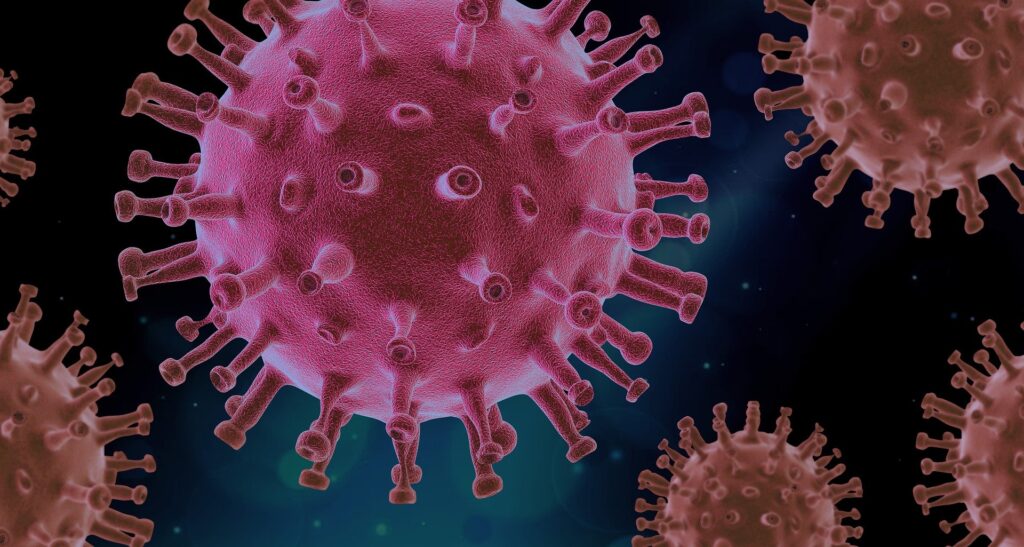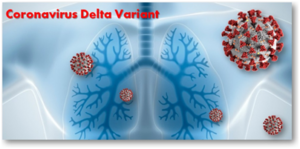hydroxychloroquine: Hype vs Miracle drug

Neucrad Health April 18, 20120
Doctors in many countries, including India are prescribing Hydroxychloroquine, as a crucial emergency use medicine for treating COVID-19 patients. Many nations including US and Russia have requested India, for urgent delivery of these drugs to minimise the fatality from SARS-CoV-2 infection. Currently we don’t have any approved medicine or vaccine against COVID-19. Some families are complaining for not getting hydroxychloroquine for other approved indications like rheumatoid arthritis.
However, at the same time, several physicians have mixed views regarding the function of this medicine. They feel, since researchers have conducted clinical trials of hydroxychloroquine on a small group of patients, it would be too early to validify the medication. Moreover, scientists are still unsure about the mode of action of this drug. So, in the current scenario, it is better to observe constraint over the random use of hydroxychloroquine as a “miracle drug” for COVID-19.
Doctors are becoming increasingly worried about the casual use of hydroxychloroquine by many medical institutions. It has led to unnecessary hype about this drug, especially on social media. Many physicians are recommending it as a “miracle drug”, despite reports of side-effects and inaction in COVID-19 treatments in many countries. Moreover, the administration of this medicine should be done under the strict supervision of a medical practitioner. Random intake, without any symptoms of novel coronavirus infection, can even lead to the death of a patient.
What is Hydroxychloroquine?
Hydroxychloroquine (HCQ) is a popular medication used for the treatment of malaria, lupus, rheumatoid arthritis, and porphyria cutanea tarda. In 2019-20 it became a drug of choice for many physicians as it can successfully reduce the symptoms of SARS-CoV-2 infection. The medicine is available under the brand name Plaquenil; however, you also get many generic forms of this drug at an economical price range. Recently, the U.S. Food and Drug Administration has issued Emergency Use Authorization (EUA) for the use of hydroxychloroquine sulphate in the treatment of COVID-19 patients. However, since it is a prescription drug, patients should not intake this medicine without the advice of a registered practitioner.
What are the reasons behind the overenthusiasm about hydroxychloroquine?
Recent in vitro studies (studies done in a petri dish or test tube) have shown that hydroxychloroquine has antiviral properties against SARS-CoV-2, that causes COVID-19.
A group of physicians prescribed the use of hydroxychloroquine, in combination with the antibiotic azithromycin for treating COVID-19 patients in a medical institution in France. They found satisfactory results after the administration of hydroxychloroquine, as the symptoms of coronavirus infection reduced significantly and the recovery time of the patients was less than other hospitals. However, the sample size was too insignificant to conclude the effectiveness of hydroxychloroquine as a cure for SARS-CoV-2 infection [1].
Hydroxychloroquine may have serious side effects
Recently, a report published in the Newsweek stated that medical facilities in Sweden are no longer using hydroxychloroquine as a treatment for COVID-19 patients as many patients have complaints of vision losses and blinding headaches. Another study in Brazil (conducted among a sample size of 81 individuals) pointed out that a higher dose of chloroquine (analog of hydroxychloroquine) can be potentially dangerous as it can cause irregular heart rates and cardiac complications [4]. There are more reports of side effects, including, vomiting, headache, muscle weakness, diarrhoea, permanent damage in eyes, worsening of skin conditions like psoriasis or porphyria, and heart ailments.
Interim data analysis may give some more insight

Several countries including US have started clinical trials with hydroxychloroquine with COVID-19 patients. Still today, no fruitful data supports its miracle use. It will be better to publish interim clinical data to evaluate the efficacy of hydroxychloroquine in treating COVID-19. These data may provide some valuable indications regarding this most wanted drug “hydroxychloroquine” during the pandemic.
For bringing awareness, we would like to say that it is better to prescribe this medicine only under strict medical supervision. People should never intake this drug to preventing corona virus without doctor’s prescription. Medical stores should be strict in selling this drug and follow rules and regulations.
Reference:
2. Official Statement from International Society of Antimicrobial Chemotherapy (ISAC)









1 thought on “hydroxychloroquine: Hype vs Miracle drug”
Comments are closed.